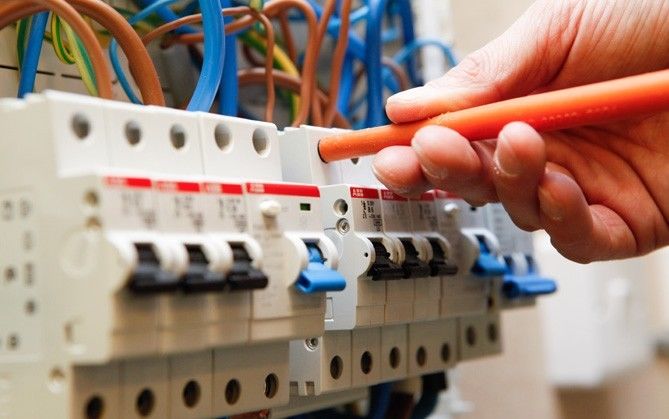When installing any type of wire or wiring system, there is always a risk involved. Hurting yourself, someone else or loss of property if the wires are not properly installed are some of the dangers involved.
There are however proactive measures that can be taken when you are working with or installing wires.
-
Do an “electrical inventory”
Figuring out where the power comes from (a diesel genset, the mains etc.) and where it is going to be used makes it easier to frame the parameters for the job. Careful consideration of electrical loads and any requirements for protections and Automatic voltage regulation are also great to think about at this point. Different countries have different voltages. Generators for Kenya for example will be 240V, whereas for Tanzania generators they would be 380V. Somewhere like Jamaica could be 110V! For projects you would need a special generator turnkey solution, but for your house a small inverter generator would be ideal.
2. Check codes and permits
Check out local codes and pull permits as they set standards for everything from how many outlets you’ll put in each room to what kind of wire you’ll be using.
3. Watch out for existing infrastructure
Part of avoiding damage is making sure nobody punches holes in plumbing or existing wiring. Live by the words “Ask twice, drill once” to be on the safer side
4. Clean up and restoration
If dealing with a damage done by rewiring, make cleanup and restoration as early as possible.
5. Aim for “home runs” for key areas and appliances
These are when a wire runs directly from a circuit breaker to an outlet, with no other devices on that breaker, thus reducing loads on the power system and keep popped breakers to a minimum, creating a balanced system.
6. Make sure the power is off
Make sure the power is always off before starting any electrical work and if possible make sure everyone in the area knows it is turned off for a reason. It may seem logical but it’s critical for a safe work environment
7. Wear safety glasses and protective clothing
Covering your eyes is a must when dealing with electricity to avoid sparks or other debris to get in your eyes.
8. Have the right tools on hand
Having the right tools for a wire installation is important. Some tools include: a voltage tester, wire cutters, wire and cable strippers, needle nose pliers, continuity tester, and others.
9. Check with your electrician
It is best to have a trusted, professional electrician do any electrical project. But if you are handling it yourself, follow all safety precautions from the beginning to the end of a project to help ensure the safety of you, your neighbors and your property. It will also guarantee the longevity.


Infact ilike this
List of erc electrician in Eldoret Kenya, please share